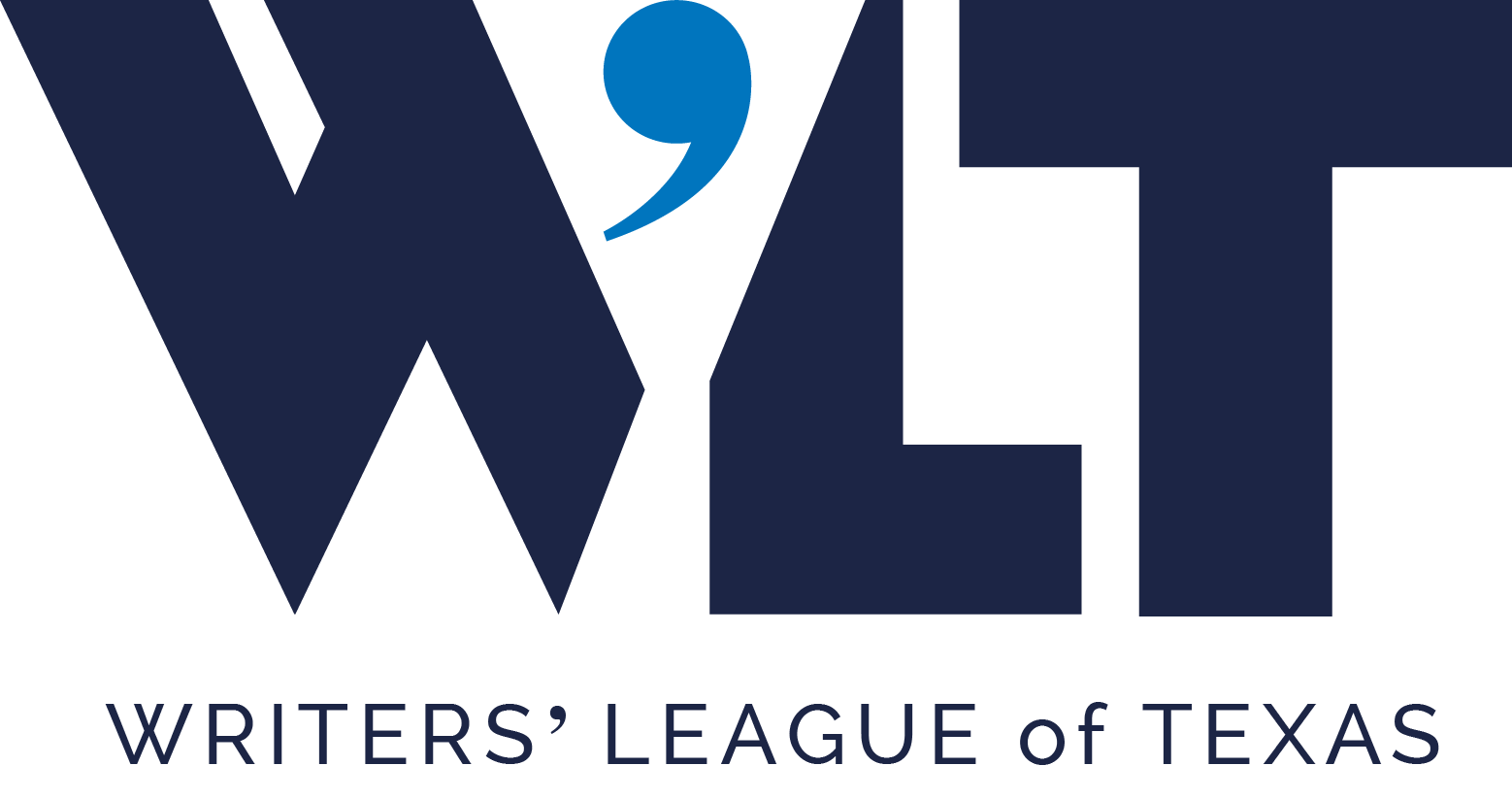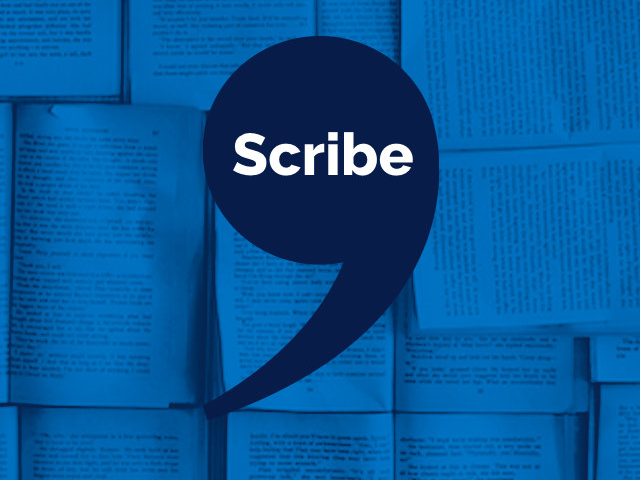“The work doesn’t end when you turn in your manuscript–writing your book is only the beginning.”
– Michelle Howry
Every year, the Writers’ League of Texas brings a faculty of close to thirty agents, editors, and other industry professionals to Austin for its Agents & Editors Conference. As we look ahead to the 23rd Annual A&E Conference in June, we’re happy to share Q&As with some of our faculty here.
An Interview with Michelle Howry
Michelle Howry is a Senior Editor at Simon & Schuster/Touchstone. She specializes in commercial nonfiction. Her bestsellers at Touchstone include popular history books like The Girls of Atomic City by Denise Kiernan, diet category-killers The New Atkins for a New You and The Forks Over Knives Plan, pint-sized Hollywood diva Kristin Chenoweth’s A Little Bit Wicked, and the Bro Code franchise of books (with more than 1.5 million copies in print).
Michelle acquires platform-driven practical nonfiction in the areas of self-help, personal finance, psychology, relationships, cookbooks, and health, as well as narrative nonfiction in categories such as popular history, biography, popular science and technology, and some celebrity memoir, including two upcoming books from #1 New York Times–bestselling author Matthew Inman, aka The Oatmeal.
 Scribe: How would you describe your personal approach to working with a writer/client?
Scribe: How would you describe your personal approach to working with a writer/client?
Michelle Howry: It’s really tailored to the individual author or project. Some authors like to send me chapters as they go along (this probably works better for nonfiction, which is what I work on). Others like to go away, hunker down, and write the whole thing before they share anything with me. Sometimes our working style is dictated by the schedule – if we’re on a tight schedule, I might insist that we edit as we go along! In the end, I work with the author to craft a plan that works for each book and each situation.
For every author, there’s a great deal of trust involved in the editing process, and I try not to take that lightly. My job is to guide, to prod, to nudge, to question. Their job is to write, and while I can help answer questions and give advice, they are the ones who have to do the hard work of getting those ideas down on paper. So I want to do whatever I can to help them – I try to be honest in my feedback, to be available when they have questions or get stuck, and to know when it is best to just step out-of-the-way and let a writer work!
Scribe: You often hear that it’s the first ten pages – or even the first page – that sells a story. Is there something particular that you look for in those first few pages?
MH: Since I work mostly on nonfiction, I’m usually reading a proposal rather than a finished manuscript when I’m making an acquisition decision. But I think what I’m really looking for right up front in that proposal is a sense of the author’s expertise and passion. That can mean different things depending on what kind of book it is. I acquired a book called The Girls of Atomic City several years ago, which tells the story of a secret military installation built in Oak Ridge, Tennessee, to help enrich uranium for the atomic bomb during WWII. The author, Denise Kiernan, was a journalist, not a historian, and at first one might have thought it would take someone with a history background (or a scientific background) to tell that story right. But Denise built her own expertise – she interviewed dozens of women who had worked at Oak Ridge, she scoured the National Archives for forgotten photos and stories, and she even became well versed in the intricacies of nuclear fission – so that she was able to tell a rich, convincing story about these women and their remarkable accomplishments. I don’t think that a historian could have captured the human element of that book nearly as well as Denise did, and it was because of her passion for the topic and her drive to tell the story right.
Of course, if you do have some expertise in whatever you are pitching (an advanced degree on the topic you’re discussing, you’ve published books on the subject, etc..), that should go front and center in your proposal, too. And if you’re writing, say, a health book, you’re probably going to be someone who has some advanced training in that area, like an M.D. or a nutritionist. But that’s not the only kind of expertise that could work in that category — maybe you regained your health following some particular regimen (for example, the Paleo diet) and then you built a career training, cooking, speaking, and teaching others about it, like my author Nell Stephenson did with her book, Paleoista. Her expertise is a result of her hard-won wisdom in this field, and then she built up an audience through her social media outreach that was excited to hear more from her. There are so many more ways a prospective author can build her audience and her credentials these days.
Scribe: If you could give writers one piece of advice, what would it be?
MH: The work doesn’t end when you turn in your manuscript-writing your book is only the beginning. I love authors who are excited to market and sell themselves and their ideas.
Scribe: Tell us about a project you took on, even though it wasn’t like projects you usually take on, because there was something special or unique about it that you couldn’t say no to. Or, tell us about an exciting or proud moment in your career as an editor or agent.
MH: A few years ago, I fell in love with a project from a journalist and college professor named Cat Warren. She wrote about a very odd hobby she’d taken up – by day she taught journalism at a North Carolina university, but on the side she and her dog trained together to do police search work. Specifically, she was teaching her dog, Solo, to be a cadaver dog, an animal who helped law enforcement officials search for dead bodies (from natural disasters, as well as deaths that were criminal in nature). It’s a darkly fascinating topic, and while I’m not necessarily a “dog person” (and I knew nothing about police work), I found myself inexorably drawn to her voice, her research, and her passion for this subject. Having this sensitive, curious author as my guide opened up a whole new world for me, and I knew she could do the same for other readers. The book, What the Dog Knows, was published in 2014, and it became a bestseller in paperback – a testament to the fact that, in the hands of an amazing writer, a very personal obsession can become contagious.
—
Thanks, Michelle!
Click here and here to read our 2016 A&E Conference agent & editor bios.
Click here for more information on the 2016 Agents & Editors Conference, a weekend long event in Austin, TX (June 24-26) that focuses on the craft of writing, the business of publishing, and building a literary community.









